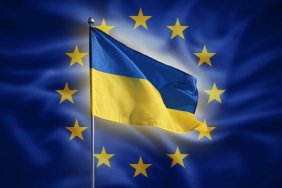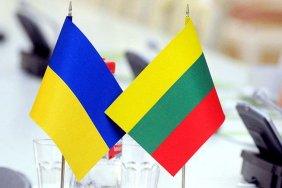Some European Union countries may reject the idea of using frozen Russian assets to purchase military equipment for Ukraine. This information was provided by Politico.
The proposal was put forward on the eve of a meeting of 27 EU ambassadors scheduled for Wednesday, May 8, where Belgium, which chairs the Council, hopes to conclude a financing agreement for Ukraine.
According to six EU diplomats, countries opposed to military aid to Kyiv may limit their support to humanitarian aid.
The publication notes that this position is a last attempt to attract EU countries that are not NATO members, including Austria, Malta, Cyprus, and Ireland, to their side. Other countries that have criticized the EU's military strategy in Ukraine, such as Hungary and Slovakia, also support these restrictions.
However, abandoning the idea of using Russian assets to purchase weapons for Ukraine will not resolve all concerns. The EU countries that are also members of the G7-Germany, France, and Italy-are the most cautious about this proposal because of legal and financial risks, according to one EU diplomat. They may refuse to support the deal at Wednesday's meeting.
If approved, the deal would pave the way for the transfer of 2.5 to 3 billion euros from the EU by July to support Ukraine's defense against Russian aggression.
Some EU countries hesitate to use Russian assets to support Ukraine - Politico

Recommended News

Some European Union countries may reject the idea of using frozen Russian assets to purchase military equipment for Ukraine. This information was provided by Politico.
The proposal was put forward on the eve of a meeting of 27 EU ambassadors scheduled for Wednesday, May 8, where Belgium, which chairs the Council, hopes to conclude a financing agreement for Ukraine.
According to six EU diplomats, countries opposed to military aid to Kyiv may limit their support to humanitarian aid.
The publication notes that this position is a last attempt to attract EU countries that are not NATO members, including Austria, Malta, Cyprus, and Ireland, to their side. Other countries that have criticized the EU's military strategy in Ukraine, such as Hungary and Slovakia, also support these restrictions.
However, abandoning the idea of using Russian assets to purchase weapons for Ukraine will not resolve all concerns. The EU countries that are also members of the G7-Germany, France, and Italy-are the most cautious about this proposal because of legal and financial risks, according to one EU diplomat. They may refuse to support the deal at Wednesday's meeting.
If approved, the deal would pave the way for the transfer of 2.5 to 3 billion euros from the EU by July to support Ukraine's defense against Russian aggression.





